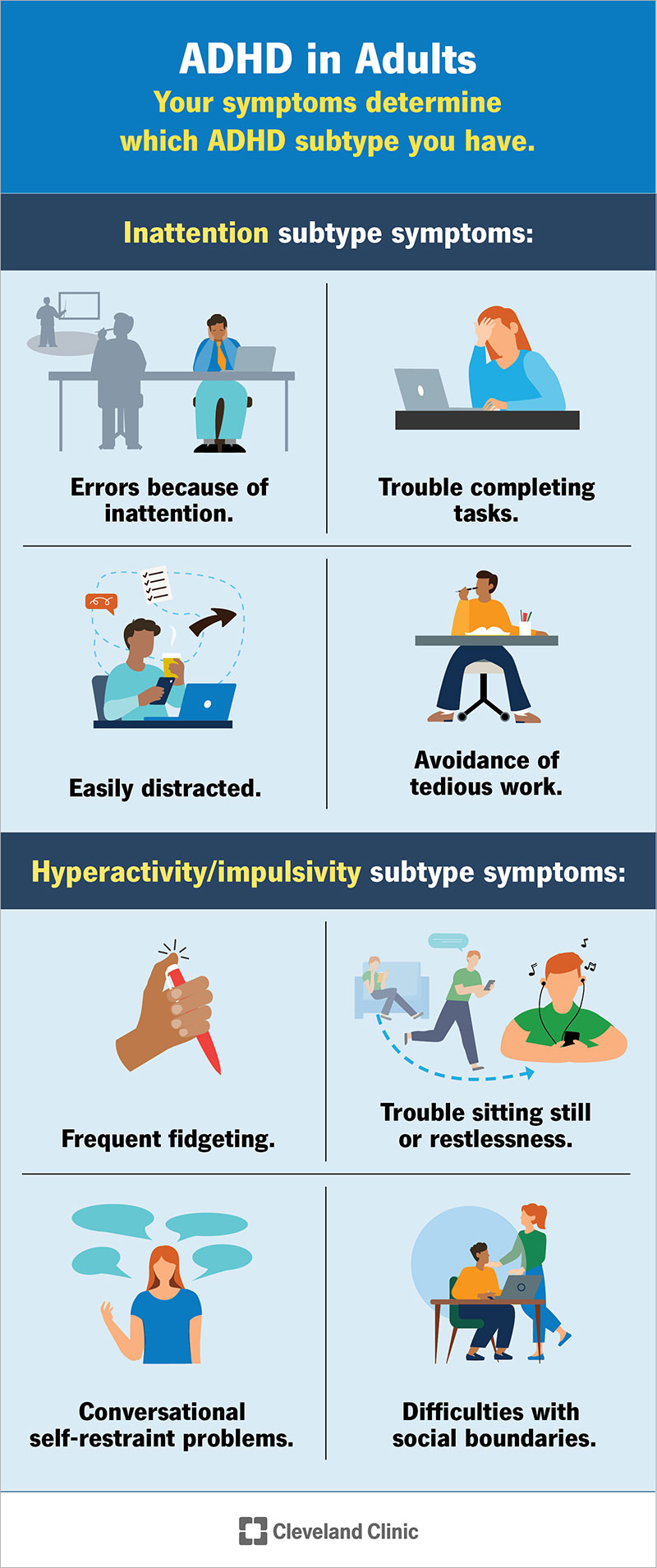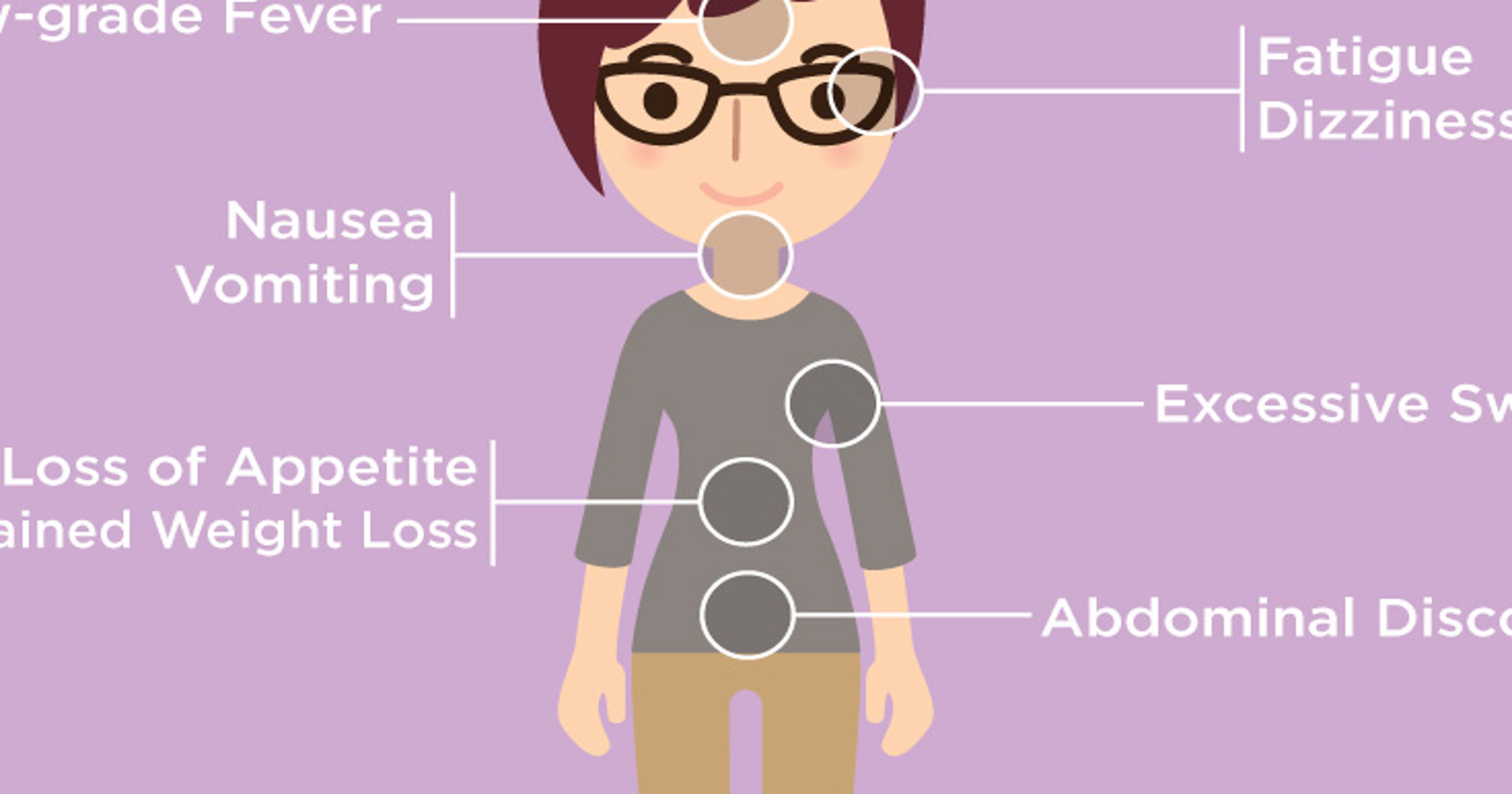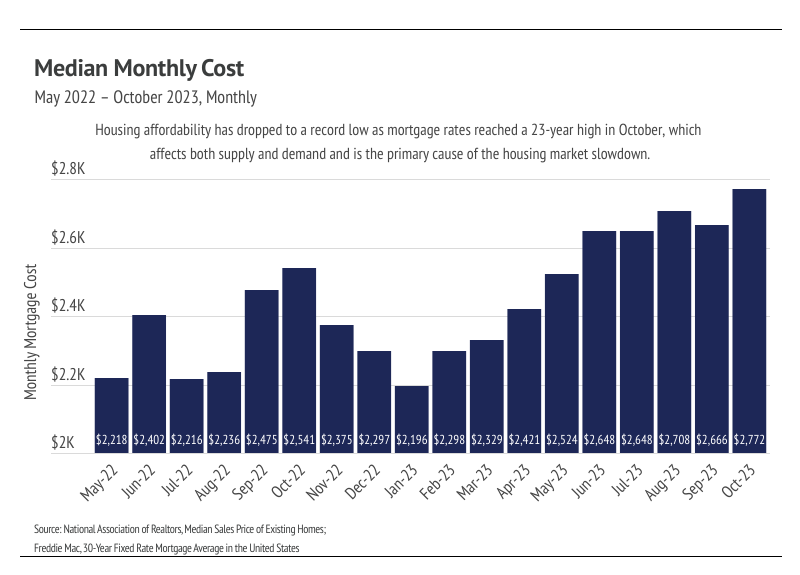Is It ADHD? 8 Subtle Signs In Adults

Table of Contents
Difficulty Focusing and Prioritizing Tasks
Adult ADHD often manifests as difficulties with focus and prioritization, impacting daily productivity and well-being. These challenges extend beyond simple procrastination and represent core symptoms of inattention in adult ADHD.
Trouble with Sustained Attention
- Frequent task-switching: Jumping from one activity to another without completing any.
- Difficulty completing projects: Starting many projects but rarely finishing them.
- Feeling easily distracted by minor stimuli: Minor noises, visual distractions, or thoughts easily pulling your attention away from the task at hand.
- Losing focus during conversations: Drifting off during conversations, missing key details, or struggling to follow along.
This differs from simple procrastination because it's not just a matter of laziness or poor time management. Individuals with Adult ADHD experience a genuine difficulty maintaining focus, even when they want to. For example, someone might start cleaning their kitchen, then switch to organizing a drawer, then start a load of laundry, leaving none of these tasks fully completed.
Overwhelmed by Choices and Prioritization
- Difficulty deciding on tasks: Feeling paralyzed by the number of choices, struggling to begin anything.
- Feeling paralyzed by choices: Simple decisions like what to eat or wear can feel overwhelming and time-consuming.
- Procrastinating due to feeling overwhelmed: Delaying tasks not due to laziness, but because the sheer volume of options or the task itself feels insurmountable.
- Struggling with time management: Misjudging how long tasks will take, leading to missed deadlines and poor time management skills.
This manifestation of Adult ADHD impacts daily life significantly. Imagine struggling to plan a simple meal because the options feel too vast, leading to ordering takeout or skipping a meal altogether. Similarly, choosing an outfit can become a monumental task, delaying the start of the day.
Disorganization and Forgetfulness
Disorganization and forgetfulness are common hallmarks of Adult ADHD, significantly impacting both professional and personal lives. These aren't simply signs of being messy; they often stem from underlying difficulties with executive function.
Chronic Lateness and Missed Appointments
- Consistently running late: Frequently missing appointments, deadlines, and social events.
- Forgetting appointments: Completely forgetting scheduled meetings, doctor's visits, or other important engagements.
- Misplacing important items frequently: Losing keys, wallets, phones, or other essential items repeatedly.
This chronic lateness and forgetfulness creates significant stress and can damage relationships. It isn't simply a lack of respect for others' time; it's a symptom of underlying challenges with planning and organization.
Problems with Planning and Organization
- Difficulty organizing belongings: Struggling to keep a tidy workspace or home environment.
- Messy workspace: A consistently cluttered and disorganized workspace, hindering productivity and efficiency.
- Struggling to follow instructions: Difficulty comprehending and following multi-step instructions.
- Losing track of deadlines: Missing important deadlines for work, school, or personal projects.
The impact on productivity and relationships is substantial. A disorganized home can be a source of constant stress, while missed deadlines can damage professional reputation and cause financial repercussions. Managing finances can be particularly challenging.
Emotional Dysregulation and Impulsivity
Adult ADHD is often associated with emotional dysregulation and impulsivity, leading to challenges in managing emotions and making sound decisions.
Emotional Outbursts or Mood Swings
- Feeling easily frustrated or irritated: Experiencing disproportionate anger or frustration in everyday situations.
- Experiencing sudden emotional shifts: Rapid transitions between different emotional states without clear triggers.
- Difficulty managing anger or sadness: Struggling to cope with intense emotions, leading to outbursts or prolonged periods of sadness.
These emotional responses can be disproportionate to the triggering situation and negatively impact relationships. A minor inconvenience might trigger an outburst of anger, damaging personal or professional relationships.
Impulsive Behaviors
- Making quick decisions without thinking them through: Acting without considering the consequences of one's actions.
- Impulsive spending: Making unplanned and often regrettable purchases.
- Engaging in risky behaviors: Taking unnecessary risks without fully considering the potential dangers.
Impulsivity can affect various areas of life. Impulsive spending can lead to debt, while risky behaviors can endanger health and safety. These actions often stem from an inability to inhibit immediate gratification.
Restlessness and Hyperactivity (Subtle Manifestations)
While hyperactivity is often associated with childhood ADHD, in adults it manifests more subtly.
Internal Restlessness
- Feeling constantly fidgety or restless: An inner sense of unease and the inability to remain still.
- Difficulty sitting still: A constant need to move around or shift positions.
- A feeling of being "on edge": A pervasive sense of anxiety and tension, even in relaxing environments.
This internal restlessness differs from anxiety. While anxiety often involves specific worries, this restlessness is a general feeling of unease and an inability to relax.
Excessive Talking or Interrupting
- Difficulty listening to others: Struggling to focus on conversations and follow along with what others are saying.
- Dominating conversations: Frequently interrupting or steering conversations to focus on one's own experiences.
- Frequently interrupting: Interrupting others before they've finished speaking.
This can significantly impact social interactions, leading to strained relationships. It's not intentional rudeness, but rather a symptom of difficulty regulating attention and impulse control.
Low Self-Esteem and Feelings of Inadequacy
The persistent challenges associated with Adult ADHD can significantly impact self-esteem. The ongoing struggles with tasks, relationships, and organization can lead to feelings of inadequacy and self-doubt. These feelings are often not acknowledged and can contribute to a sense of failure.
Difficulty Maintaining Relationships
Symptoms of Adult ADHD, such as impulsivity, forgetfulness, and emotional dysregulation, can strain personal and professional relationships. Missed appointments, impulsive remarks, and difficulty focusing on conversations can lead to misunderstandings and conflict. These challenges aren't intentional, but they can significantly impact the quality of relationships.
Sleep Disturbances
A strong correlation exists between ADHD and sleep problems. Difficulties with concentration, restlessness, and racing thoughts can lead to insomnia or other sleep disturbances. Poor sleep, in turn, can exacerbate ADHD symptoms, creating a vicious cycle.
Conclusion
This article has explored eight subtle signs of adult ADHD. While experiencing some of these symptoms doesn't automatically mean you have ADHD, it's crucial to seek professional help if you're concerned. A proper diagnosis is vital for accessing appropriate treatment and support, such as medication or therapy, to manage Adult ADHD symptoms effectively. If you suspect you might have Adult ADHD, don't hesitate to schedule a consultation with a healthcare professional. Take the first step towards understanding and managing your symptoms and improving your quality of life. Learn more about Adult ADHD diagnosis and treatment options today!

Featured Posts
-
 Adhd In Adults 8 Subtle Signs You Shouldnt Ignore
Apr 29, 2025
Adhd In Adults 8 Subtle Signs You Shouldnt Ignore
Apr 29, 2025 -
 Mhairi Black And The Systemic Misogyny Affecting Womens Safety
Apr 29, 2025
Mhairi Black And The Systemic Misogyny Affecting Womens Safety
Apr 29, 2025 -
 Trumps Tariffs Exclusive Strategic Guidance From Goldman Sachs
Apr 29, 2025
Trumps Tariffs Exclusive Strategic Guidance From Goldman Sachs
Apr 29, 2025 -
 Strong Earnings Boost Reliance Share Price To 10 Month Peak
Apr 29, 2025
Strong Earnings Boost Reliance Share Price To 10 Month Peak
Apr 29, 2025 -
 Los Angeles Wildfires And The Growing Market For Disaster Related Wagers
Apr 29, 2025
Los Angeles Wildfires And The Growing Market For Disaster Related Wagers
Apr 29, 2025
Latest Posts
-
 The One True John Wick Appearances Across The Four Film Franchise
May 12, 2025
The One True John Wick Appearances Across The Four Film Franchise
May 12, 2025 -
 The John Wick Experience Las Vegas Launch
May 12, 2025
The John Wick Experience Las Vegas Launch
May 12, 2025 -
 Did John Wick Only Appear Once Debunking The Keanu Reeves Franchise Myth
May 12, 2025
Did John Wick Only Appear Once Debunking The Keanu Reeves Franchise Myth
May 12, 2025 -
 Everything We Know About The Upcoming John Wick 5 Movie
May 12, 2025
Everything We Know About The Upcoming John Wick 5 Movie
May 12, 2025 -
 John Wick Chapter 5 Release Date Plot And Cast Details
May 12, 2025
John Wick Chapter 5 Release Date Plot And Cast Details
May 12, 2025
